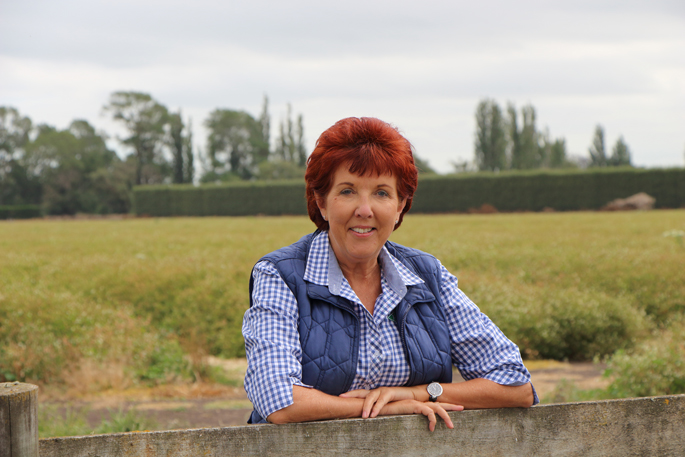To survive and thrive in this changing world, New Zealand farmers must take a new look at what resilience means to them and their farming operations, says Foundation for Arable Research chief executive Alison Stewart.
Farming faces a number of challenges including economic uncertainty, extreme weather events, increasing regulation, environmental concerns and changing market demands.
As agriculture produces food and generates valuable export returns it is valuable to New Zealand – but it’s not special – she told FAR’s maize conference in Hamilton last month.
“New Zealand farmers need to get over the idea that ‘we’re special and we need to be treated in a special way’.”
New Zealand agriculture is important, but so are other sectors like tourism, manufacturing, health and education. “There’s nobody in New Zealand saying: ‘Let’s make life difficult for agriculture’.” Change in agriculture is happening across the world.
Creating resilience
Alison says agricultural resilience isn’t just about the ability of farms to cope, it is about their ability to transform.
Creating resilience is the key to being a successful farmer. “You may think that change is overwhelming but this maize conference has heard from farmers who have already embraced it.”
Strategies to build farm resilience include adopting climate smart practices, diversification, financial management, embracing learning and innovation and networks and collaboration.
Climate smart practices include using drought and heat tolerant cultivars and not just focusing on yield potential, as well as implementing soil conservation measures such as no till and cover crops.
Diversification is also a way to manage risk, a consideration for maize growers focused on a single crop in continuous rotation.
“Maize creates a simple farm business, delivers economies of scale and usually generates greater profits. But, in a changing climate it can lead to greater risk and vulnerability to crop failure, fluctuating commodity prices and increasing input costs.”
Growers also need to proactively plan and understand their finances. Alison says embracing learning and innovation and adopting new knowledge, tools and technology is also key.
“If you are working in isolation and doing the same thing you have always done then your future will be challenging.”
Embracing change
Kiwis regard themselves as innovative, with a No. 8 wire mentality, but New Zealand is not embracing change as much as the rest of the world and this is a risk, says Alison.
“If we are truly world leaders in agriculture, we need to change. World leaders never defend the status quo because they are always innovating, changing and evolving; that is what makes you world leaders. The All Blacks found that out the hard way.
“The only way to innovate is to have networks and collaboration, sharing knowledge, resources and expertise.”
Nobody knows what the future looks like as the speed of change is so fast, says Alison. “I only know it will change and your ability to respond to change will be what determines your success.”
The February 12-13 conference had earlier heard from Margaret Stuart of Nestle Australasia. One of the world’s biggest food companies, Nestle is committed to net zero greenhouse gas emissions by 2050. Sourcing ingredients represents 71.4 per cent of its emissions, mainly coming from dairy and livestock.



0 Comments
Leave a Comment